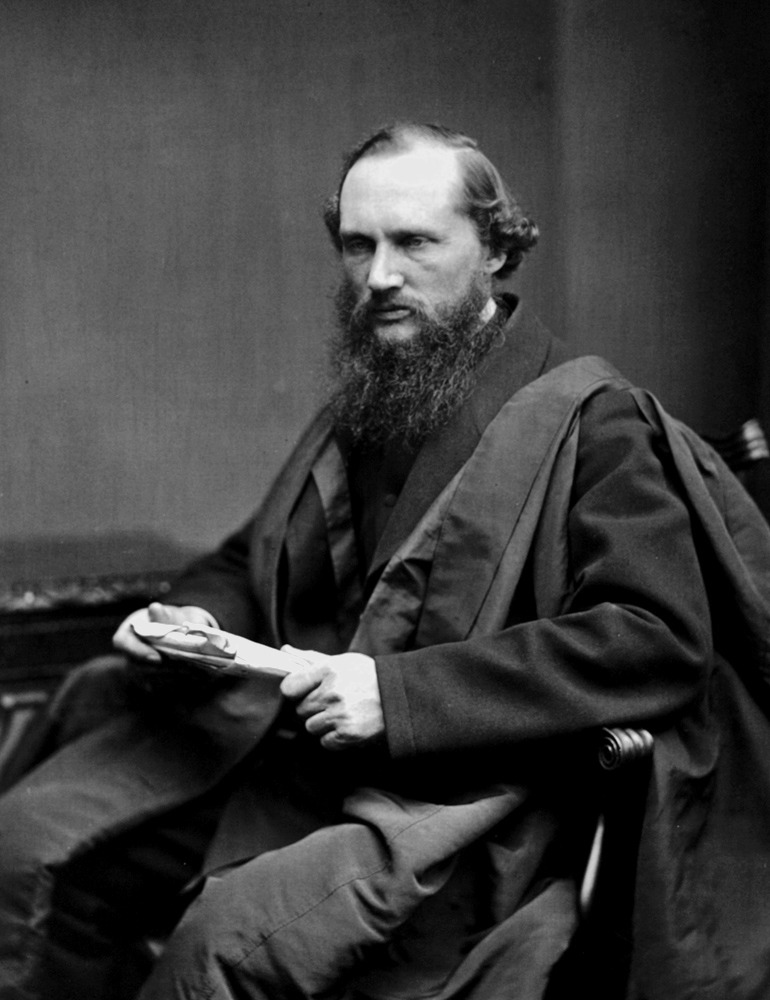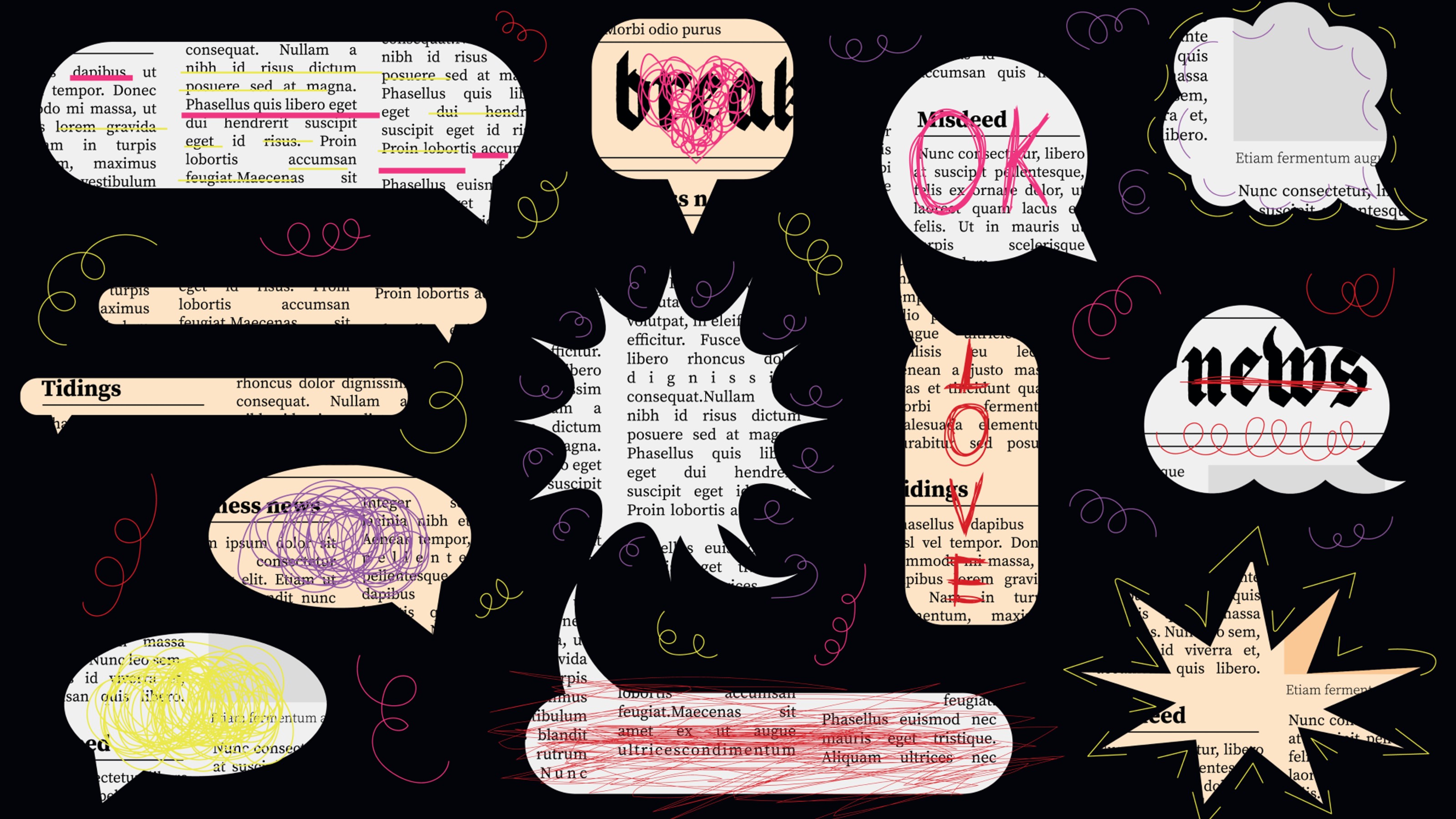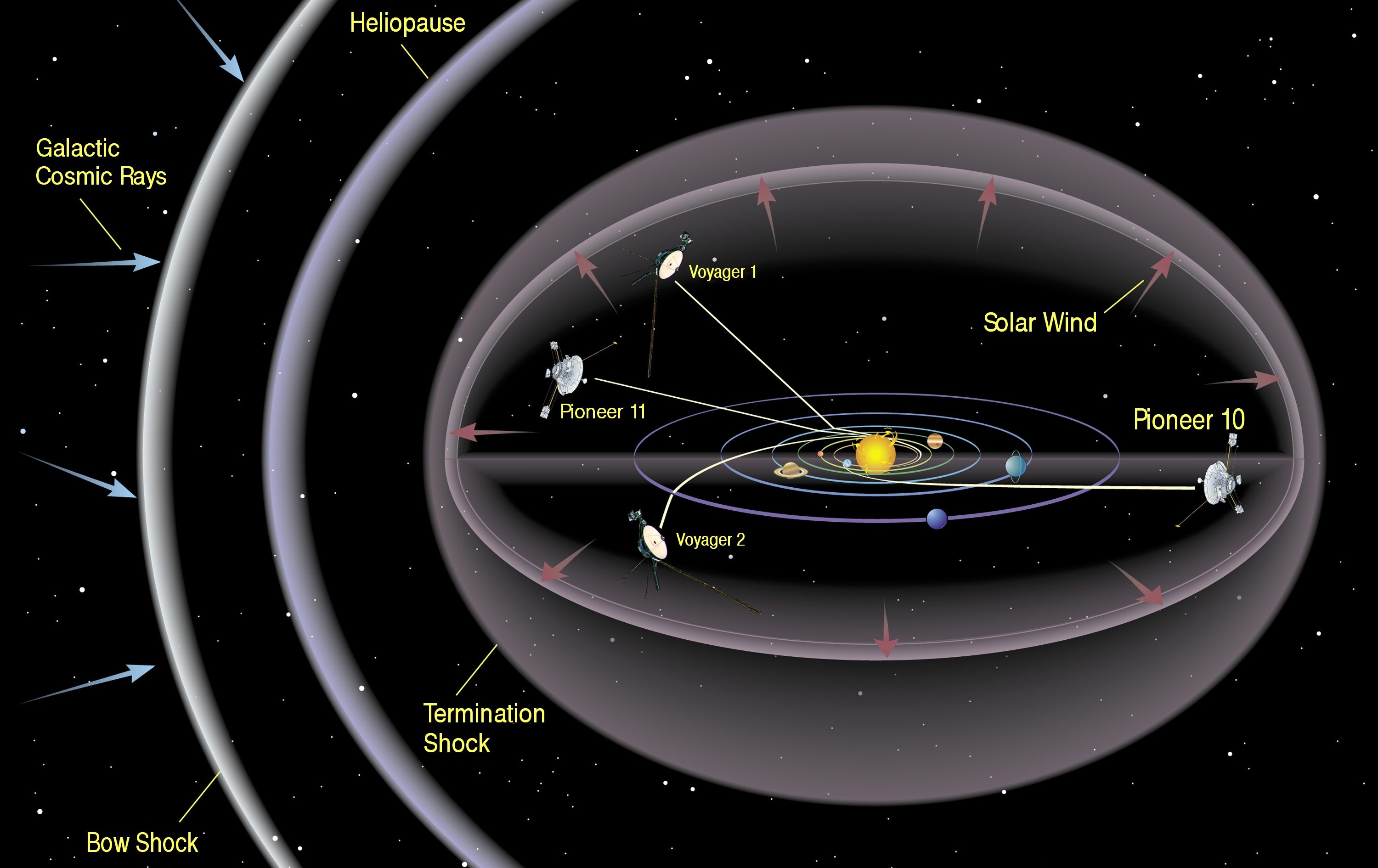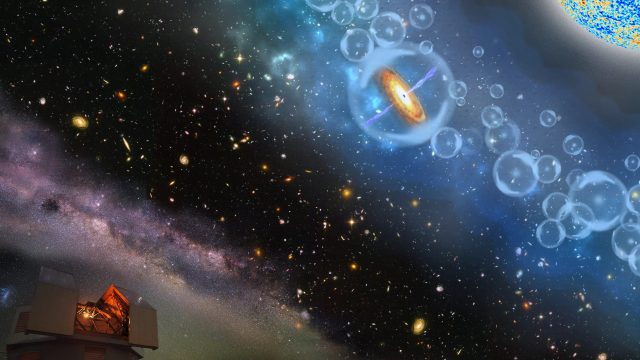How scientific thinking can fix collaboration in a mixed-up world

- Trust in science has declined in recent years.
- Saul Perlmutter, John Campbell, and Robert MacCoun argue that rather than distrusting science, we can use its mental tools to overcome modern challenges collaboratively.
- To do so, people need to understand how science works as a truth-seeking enterprise and how we can use those practices to support our values.
Trust in science has declined. According to Pew, the share of Americans who say they have “a great deal of confidence” in scientists has fallen (from 39% in 2020 to 23% today). The view that science has positively impacted society has also tumbled (from 73% in 2019 to 57% today)
That is regrettable because as the authors of the new book Third Millennium Thinking point out, science is about more than creating microwaves, vaccines, and other modern-day niceties. It’s the most successful system of knowledge gathering and problem-solving in human history.
Big Think recently spoke with the book’s authors: Saul Perlmutter, a physicist and 2011 Nobel Laureate; John Campbell, a professor of philosophy at the University of California, Berkeley; and Robert MacCoun, a social psychologist and professor of law at Stanford University.
During our conversation, we discussed how the relationship between science and the public has changed, why people need to understand how science works, and how we can bring its practices and frameworks to bear on the challenges we face today.
Big Think: How did you three come to collaborate?
Perlmutter: About 10 years ago, I started to realize that people have a hard time making decisions in thoughtful, deliberate ways. It looks completely different from what I saw when a bunch of scientists try to make a decision or solve a problem.
I wondered, “Where do scientists learn these ideas?” We don’t teach them in any science course that I know of. They are learned through apprenticeship and [professional] osmosis. So, I thought, “Well, maybe we could teach them.”
I’d been in conversation for a while at that point with John, and as a philosopher, I thought he’d be a great person to bring to the table. We looked around for someone who could bring in the social psychology side of the story and found Rob, who was a professor and also in public policy, which was highly relevant.
Rebuilding trust in light of an artificial sun
Big Think: How has the relationship between science and the public changed recently?
MacCoun: I came of age in a golden era for science. People granted it enormous authority and respect. [But] as we wrapped the second millennium, some people started to become disenchanted with science.
They felt that maybe scientists had too much authority or weren’t representing the views of everybody. Some philosophers and social scientists became skeptical of how privilege and power distorted scientific claims. We’ve seen it reach a point now where people are willfully choosing to believe things that are contrary to what science shows.
Campbell: I was at a cafe a while ago, and someone came up to me and said, “You don’t want to sit outside like that. That’s not the real sun. PG&E [Pacific Gas & Electric Company] has replaced it with an artificial sun. It’s very damaging.”
I think people often have this attitude that science today is a kind of magic. Scientists can do anything. They can replace the sun. They can inject robots into your bloodstream that will make you do whatever they want. The only question [for them]: Are scientists on our side?
That’s not a good way to think about it. Everybody should have an entry-level understanding of how science gets done. Science is not rocket science.
Perlmutter: The loss of trust in science is part of the problem of figuring out some way to build a trust economy. What can you base your sense of what is and isn’t real on? How can you weave together information that you can trust and feel some confidence in?
Those kinds of things are what we hope people will get out of the book: a sense of things you can weave together to get a probabilistic sense of trust in the world.

Consider the opposite
Big Think: Can we dig deeper into how scientists use probabilistic thinking?
Perlmutter: Even when we’re talking about cold, hard facts, you can’t always answer questions with an experiment to get a yes or no answer. [Instead], we end up getting a probabilistic answer. There’s a 97% chance that the measurement is giving you this result, [so] if you did it 100 times, it’ll be wrong three of those times. What we do is put together lots of those different measurements until we build up some confidence.
However, partial information can be very powerful. If you always insisted on something being true or not, you couldn’t even cross the street. Nobody can guarantee you that you’ll always cross safely. But the odds are one in a million you’ll be killed, so you cross.
We already use [probabilistic thinking]. It’s just that we don’t carry it through to other aspects of our lives where we should be using it.
MacCoun: People shouldn’t be intimidated by the word probabilistic either. You don’t have to do calculations. It can involve just acknowledging shades of gray.
I worked for a long time on what we know about countries that liberalize their drug laws and allow commercial sales of recreational drugs. People would always ask, “Is legalization the answer or not?” I’d answer, “Well, the evidence is nuanced. There are trade-offs involved and some risks.” But they would always press me, “No, what do you really think?”
[These things] require us to act like grown-ups and recognize that there’s a lot of uncertainty in the world. We still have to act, but we can’t pretend that things are all black and white.
Big Think: How might we more effectively use probabilistic thinking outside of science?
Campbell: One thing we’ve forgotten — or perhaps never learned — is how to have debates among ourselves. We think of debates like fencing matches. You drive the other guy into the corner, pin them, and that’s victory. Glory to you!
If you’re thinking probabilistically, you say, “Well, though I think this is right, I admit the possibility that I might be wrong.” You also recognize that we have biases that can contribute to us being fallible. We have to learn techniques for screening these biases the same way scientists need it when they do peer-review. We need that in everyday life.
It’s not enough to just have these habits of mind; you have to have habits of community, too.
Robert MacCoun
MacCoun: One strategy we talk about in the book is called “consider the opposite.” It’s where you simply imagine that the opposite of what you believe is true. If you go through the exercise, even quickly, you realize that there are reasons why [others might believe it].
It’s not enough to just have these habits of mind; you have to have habits of community, too. You have to put yourself in a community of people who will challenge you in a constructive, friendly way because it’s very hard to catch ourselves in our bad thinking.
Campbell: I think we need that because, at the moment, we live in a winner-takes-all [culture]. We’re supposed to get fired up about a particular issue and then go meet the opposition and face them down. That’s not sustainable. We just desperately need to have some kind of platform of general understanding in the community about how we go about debating.
No one gets it right 100% of the time
Big Think: How can the scientific mindset help us be more comfortable with being wrong?
Perlmutter: The scientist’s model is to present a result, all the things that could be wrong with it, and the probability that it’s right or wrong. That gives you a lot of room for saving face because it shows you were calibrated and knew what you were doing.
That’s where your self-respect should come from, and science provides a nice way to be a dignified and respected person who still (occasionally) gets things wrong.
Campbell: It’s also important for you to not feel that your identity as a person is invested in the position for which you’re arguing. That makes it humiliating to be wrong.
It’s particularly obvious when you think about values. We all have to accept that there might be something wrong [with our values] and be open to debate and discussion on the topic. Whereas if you feel this is my personality, this is who I am, then you can’t let go. You get too invested.

Weaving facts and values together
Big Think: In your book, you say we need to find ways to weave facts and values together to move forward. Why?
MacCoun: Part of the arrogance of scientists in the late 20th century was when they started making pronouncements on public policy as if — because they had a mastery of the facts — their position on the issue was the correct one. But, of course, they were also bringing their values into play.
Values are important, and scientists can help us think about them, but it’s important to recognize that the special authority of science is not that it weighs in on what values are correct or not. That’s something citizens have to do for themselves in a free society.
Perlmutter: In fact, we want scientists to help people recognize how to reach their values and, once they’ve chosen which to prioritize, understand what the constraints are. You want the good experts helping as much as possible on the factual part and good public representatives to be helping to sort out the values.
Campbell: It’s important to add that we should think of values as uncertain as anything else. There’s no reason to think you’re going to get it 100% right. We’re doing our best to patch a picture of what we ought to be striving for. That’s important but also open to debate. It’s not something you can lay down and say, “These things will hold fast forever.” Nothing in human life is like that.
We have the capability of solving seemingly intractable problems […]. We have a real, open choice to do something quite positive.
Saul Perlmutter
Perlmutter: It’s surprisingly helpful for people to discuss values together. John, you’ve made the case well that [a lot of] progress has been because people have debated values together and rethought their positions.
Campbell: George Orwell started his career as a colonial officer. Then he saw what was happening to the people who were being colonized. This guy was hanged, and he really shouldn’t have been. What happened in that case was clearly wrong.
So we learn and we can teach each other. If I think colonialism is just fine and you want to show me why it’s wrong, then a good place to start would be with some vivid examples of where you see things going wrong. If I agree that that’s not okay, then we can walk back from the particular case to general moral principles.
MacCoun: It’s worth noting that the book is not anti-conflict. We recognize that conflicts have played important roles in political and scientific development. It’s just that there are more constructive ways of working through conflict. A lot of these new techniques of deliberation we talk about in the book harness ways for people to acknowledge and champion their values but also hear each other out and explore.
Big Think: Is there a message you’d like to leave our readers with?
Perlmutter: One thing we tried to emphasize is why we think it’s important for people to develop these capabilities together. We live in an interesting time in history where people see threats everywhere. But people aren’t as aware of our amazing accomplishments. [For instance], we’ve taken the world from one of majority poverty to one where poverty is a much, much smaller segment of the population.
We have the capability of solving seemingly intractable problems, like hunger, climate change, or the next pandemic. That’s the reason to put so much effort into this game right now. We have a real, open choice to do something quite positive.





